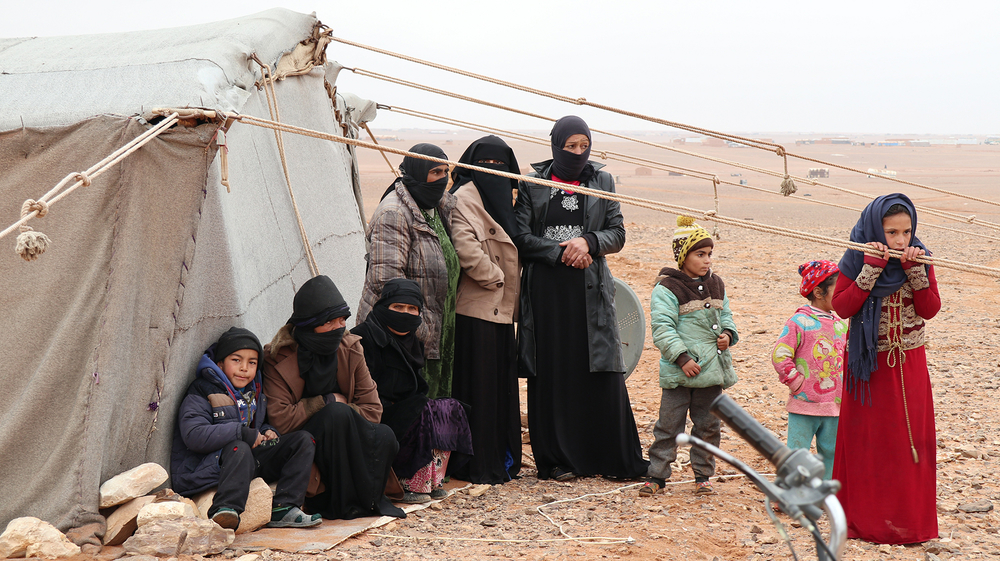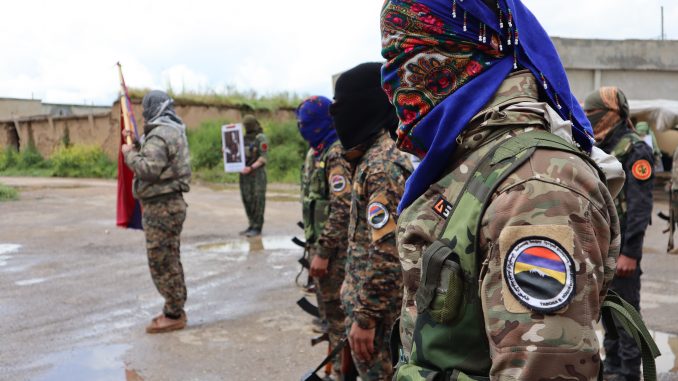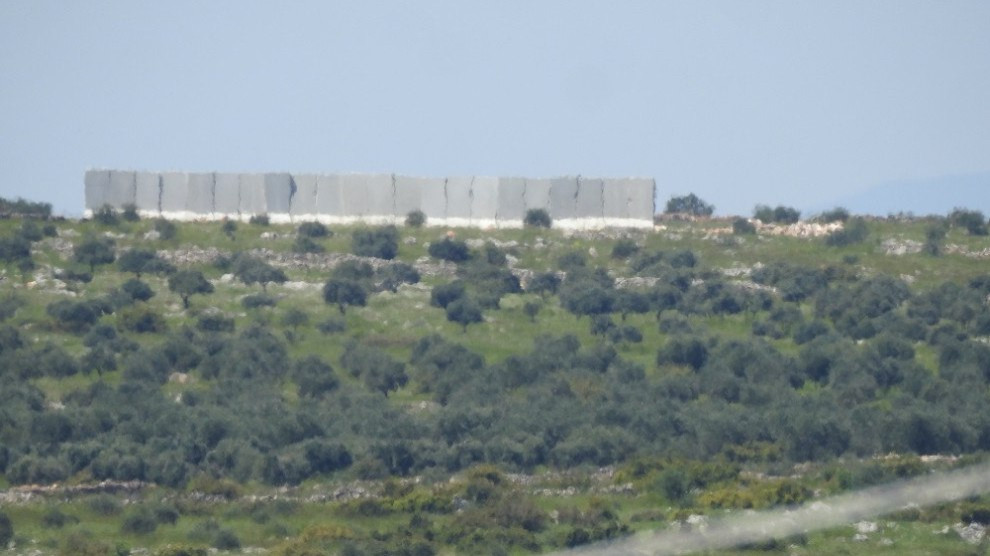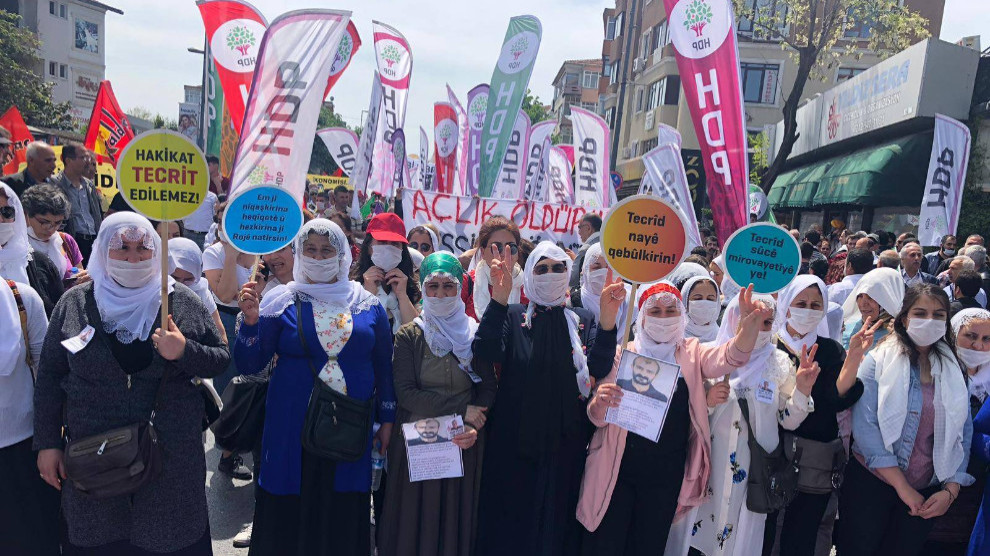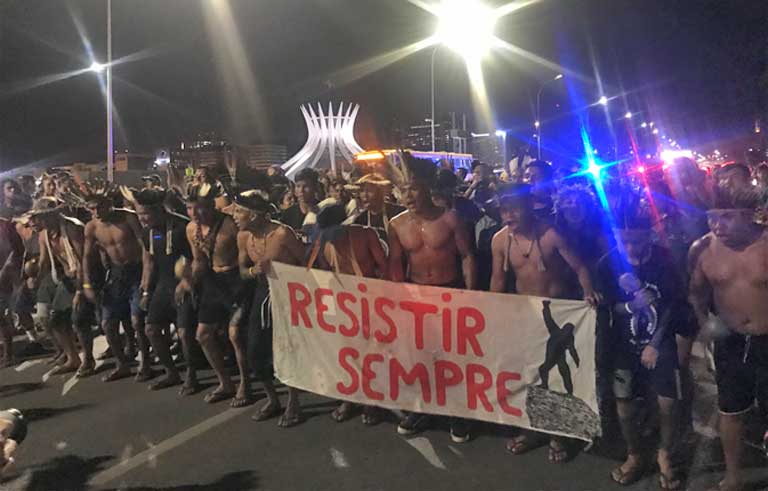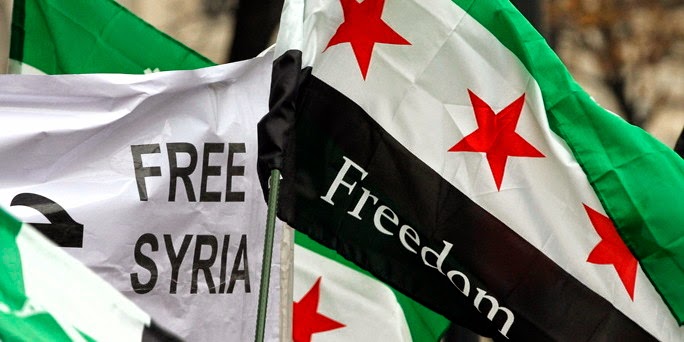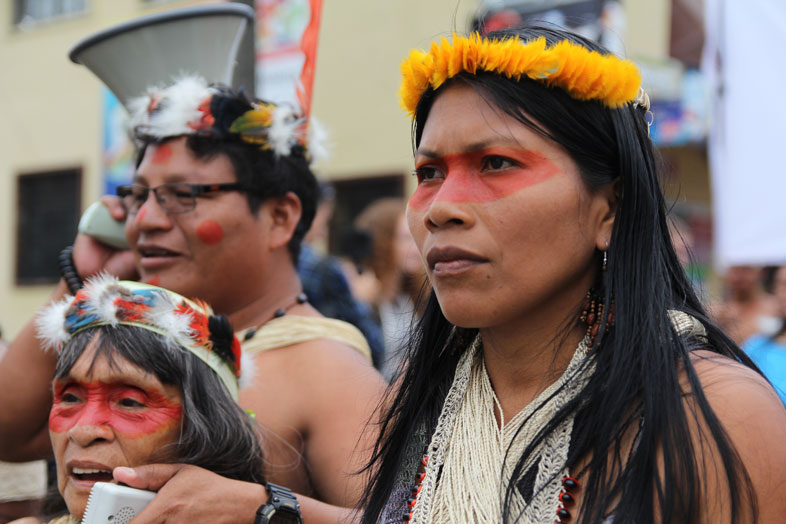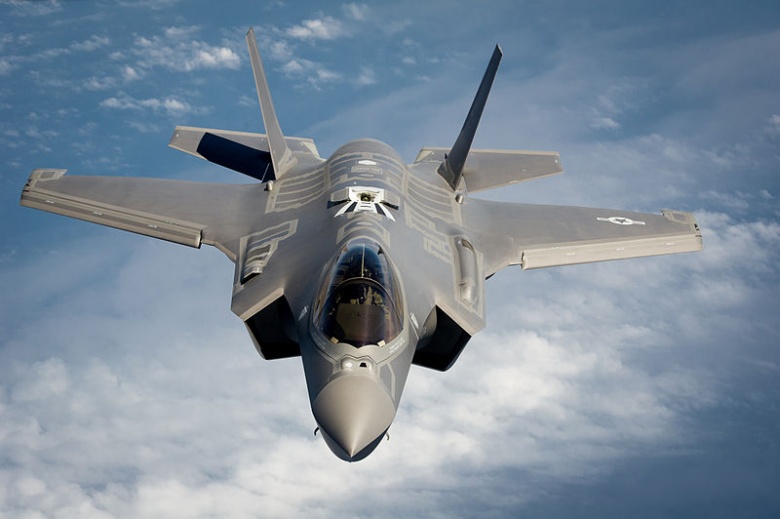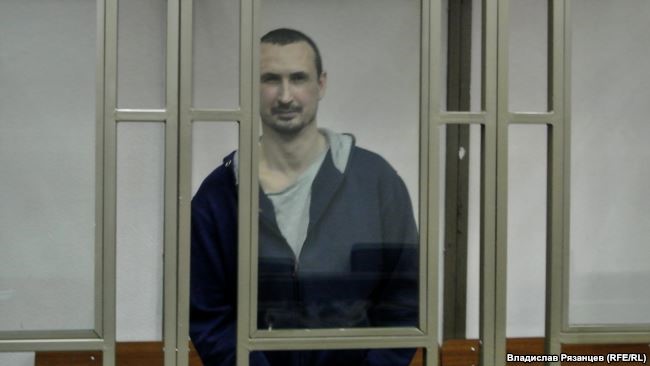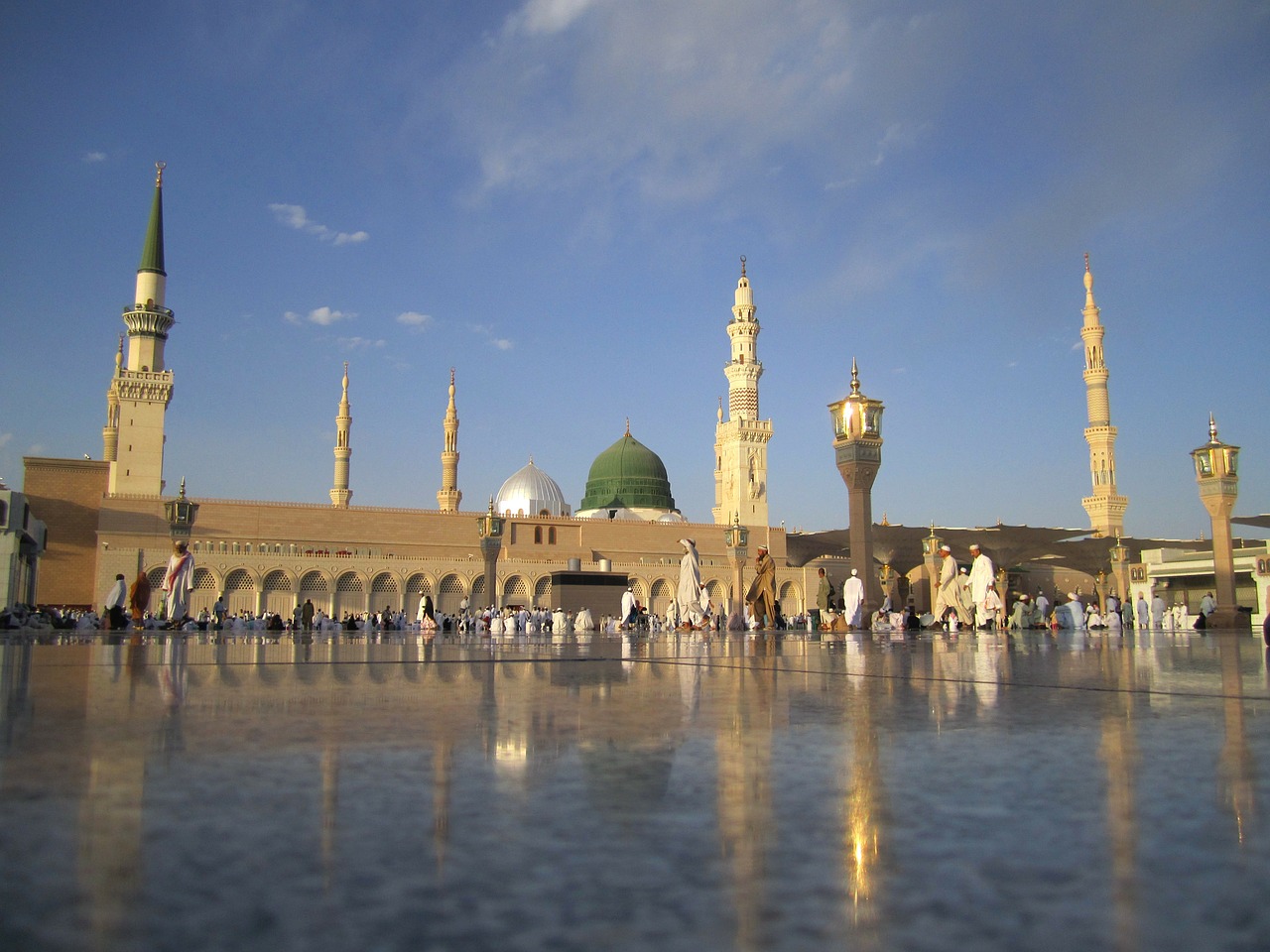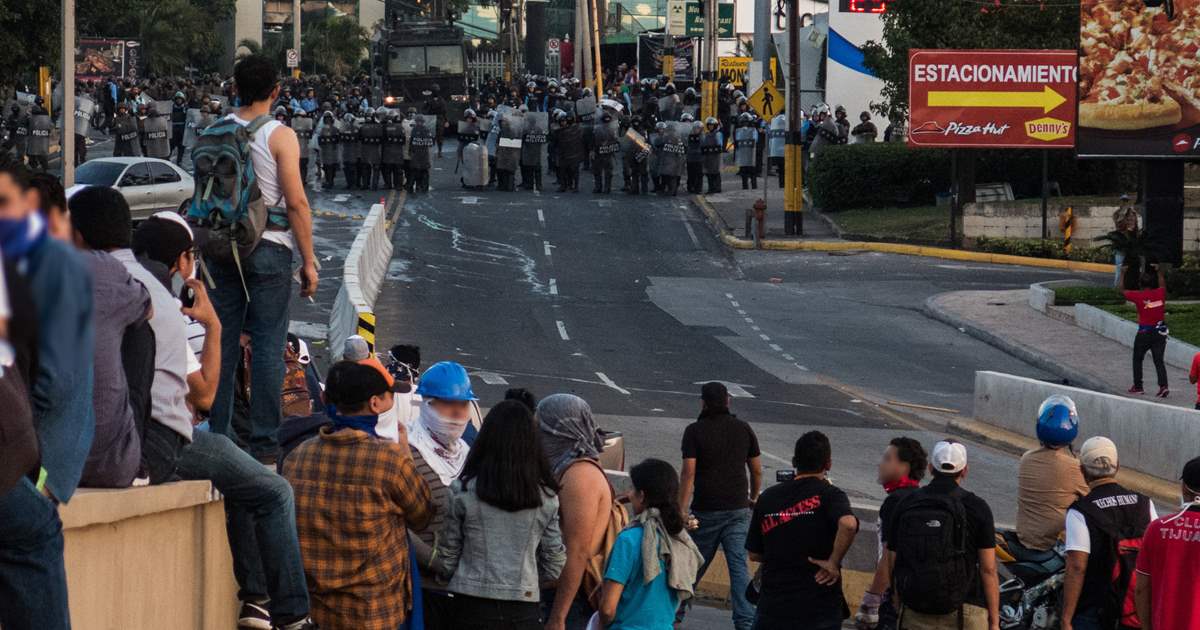
Honduras: riots, repression amid neoliberal ‘reform’
In the wake of angry protests that swept through Tegucigalpa, Amnesty International is denouncing attacks against human rights defenders by Honduran security forces during the unrest. Amnesty charged that riot police used tear-gas outside the headquarters of the Committee of Relatives of the Detained and Disappeared of Honduras (COFADEH), where demonstrators tried to take shelter. Members of the group were also detained. The protests, which saw the city’s municipal palace set on fire, were called to oppose a package of bills that aim to restructure the ministries of education and health. Doctors and teachers have gone on strike in protest of the proposed reform, which they say will lead to mass firings in the public sector, and represents a step toward privatization of education and health services. (Photo: Amnesty International)



